Informationen zum Buch
Home » Publications » Algorithmic and Aesthetic Literacy
Algorithmic and Aesthetic Literacy
Emerging Transdisciplinary Explorations for the Digital Age
Erscheinungsdatum : 29.03.2021
22,99 € - 28,00 €
Beschreibung
Algorithmic and Aesthetic Literacy is a selection of texts aiming to extend current understandings of algorithmic and aesthetic literacy. The volume presents a wide array of transdisciplinary perspectives on computational and aesthetic practices and thinking. Drawing on computer and educational science, artistic research, designing and crafting, this collection delves deeply into societal and educational challenges in the wake of the digital transformation. The volume brings together diverse approaches and viewpoints to stimulate dialogue and awareness of the manifold ways in which algorithmic processes have become part of our lives. By extending our ability to respond to a data-driven world in creative and non-habitual ways, we will be better equipped to re-imagine and shape our collective future as meaningful and fulfilling.
The contributions in the edited volume not only deal with the removal of disciplinary boundaries, but also with interdisciplinary communication and multi-perspective cooperation. How do artistic, humanities and MINT disciplines influence each other? The contributions reflect a broad understanding of algorithm, aesthetic and creative education and deal primarily with the following points: theoretical principles and empirical evidence for the intertwining of algorithmic educational aesthetics and creativity; institutional approaches and political programmes of aesthetic and creative thinking and learning in the digital network society; case studies of current routines, practices and experiments in algorithm education, aesthetics and creativity; artistic and aesthetic knowledge as a basis for developments and applications in computer science and algorithmics; use of digital and algorithmic technologies and tools in various fields of the arts, and in the aesthetics. Finally, the edited volume offers a first discursive positioning of the emerging interdisciplinary paradigm of algorithm education.
Kostenlose Open Access Beiträge:
Der Beitrag „Dancing with Real Bodies: Dance Improvisation for Engineering, Science, and Architecture Students“ von Susanne Martin ist kostenlos im Open Access erhältlich.
Der Beitrag „The PENELOPE Project: A Case Study in Computational Thinking“ von Ellen Harlizius-Klück und Alex McLean ist kostenlos im Open Access erhältlich.
Der Beitrag „Ambient Learning Spaces: Systemic Learning in Physical-Digital Interactive Spaces“ von Michael Herczeg, Alexander Ohlei, Toni Schumacher und Thomas Winkler ist kostenlos im Open Access erhältlich.
Inhaltsverzeichnis + Leseprobe
The Editors:
Prof. Dr. Lydia Schulze Heuling, Professorin für Physikdidaktik, Western Norway University of Applied Sciences (HVL), Norwegen
Prof. Dr. Christian Filk, Professor für Medienpädagogik/Medienforschung und Leiter des Fachbereichs Medienpädagogik, Europa-Universität Flensburg
Hier finden Sie den Waschzettel zum Buch (pdf- Infoblatt).
Die Zielgruppe:
Lehrende, Forschende und Praxis der Erziehungswissenschaft
Zusätzliche Informationen
| Publisher | |
|---|---|
| ISBN | 978-3-8474-2428-4 |
| eISBN | 978-3-8474-1566-4 |
| Format | A5 |
| Scope | 228 |
| Year of publication | 2021 |
| Date of publication | 29.03.2021 |
| Edition | 1. |
| Language | Deutsch |
Autor*innen
KeywordsActor network theory, Algorithmen, Arts based education, design thinking, ECER 2022, Informatik, Kreativität, Kritische informatik, künstlerische Forschung, MINT, MINT-Bildung, Software studies, Ästhetik
Pressestimmen/Rezensionen
Ein wichtiges Buch für Medienpädagogen, die Informatik- und Algorithmen-Kompetenz ernst nehmen.
mediendiskurs.online 05.08.2022
Beschreibung
Beschreibung
Algorithmic and Aesthetic Literacy is a selection of texts aiming to extend current understandings of algorithmic and aesthetic literacy. The volume presents a wide array of transdisciplinary perspectives on computational and aesthetic practices and thinking. Drawing on computer and educational science, artistic research, designing and crafting, this collection delves deeply into societal and educational challenges in the wake of the digital transformation. The volume brings together diverse approaches and viewpoints to stimulate dialogue and awareness of the manifold ways in which algorithmic processes have become part of our lives. By extending our ability to respond to a data-driven world in creative and non-habitual ways, we will be better equipped to re-imagine and shape our collective future as meaningful and fulfilling.
The contributions in the edited volume not only deal with the removal of disciplinary boundaries, but also with interdisciplinary communication and multi-perspective cooperation. How do artistic, humanities and MINT disciplines influence each other? The contributions reflect a broad understanding of algorithm, aesthetic and creative education and deal primarily with the following points: theoretical principles and empirical evidence for the intertwining of algorithmic educational aesthetics and creativity; institutional approaches and political programmes of aesthetic and creative thinking and learning in the digital network society; case studies of current routines, practices and experiments in algorithm education, aesthetics and creativity; artistic and aesthetic knowledge as a basis for developments and applications in computer science and algorithmics; use of digital and algorithmic technologies and tools in various fields of the arts, and in the aesthetics. Finally, the edited volume offers a first discursive positioning of the emerging interdisciplinary paradigm of algorithm education.
Kostenlose Open Access Beiträge:
Der Beitrag „Dancing with Real Bodies: Dance Improvisation for Engineering, Science, and Architecture Students“ von Susanne Martin ist kostenlos im Open Access erhältlich.
Der Beitrag „The PENELOPE Project: A Case Study in Computational Thinking“ von Ellen Harlizius-Klück und Alex McLean ist kostenlos im Open Access erhältlich.
Der Beitrag „Ambient Learning Spaces: Systemic Learning in Physical-Digital Interactive Spaces“ von Michael Herczeg, Alexander Ohlei, Toni Schumacher und Thomas Winkler ist kostenlos im Open Access erhältlich.
Inhaltsverzeichnis + Leseprobe
The Editors:
Prof. Dr. Lydia Schulze Heuling, Professorin für Physikdidaktik, Western Norway University of Applied Sciences (HVL), Norwegen
Prof. Dr. Christian Filk, Professor für Medienpädagogik/Medienforschung und Leiter des Fachbereichs Medienpädagogik, Europa-Universität Flensburg
Hier finden Sie den Waschzettel zum Buch (pdf- Infoblatt).
Die Zielgruppe:
Lehrende, Forschende und Praxis der Erziehungswissenschaft
Bibliography
Zusätzliche Informationen
| Publisher | |
|---|---|
| ISBN | 978-3-8474-2428-4 |
| eISBN | 978-3-8474-1566-4 |
| Format | A5 |
| Scope | 228 |
| Year of publication | 2021 |
| Date of publication | 29.03.2021 |
| Edition | 1. |
| Language | Deutsch |
Produktsicherheit
Bewertungen (0)
Bewertungen
Es gibt noch keine Bewertungen.
Authors
Autor*innen
Tags
KeywordsActor network theory, Algorithmen, Arts based education, design thinking, ECER 2022, Informatik, Kreativität, Kritische informatik, künstlerische Forschung, MINT, MINT-Bildung, Software studies, Ästhetik
Pressestimmen/Rezensionen
Pressestimmen/Rezensionen
Ein wichtiges Buch für Medienpädagogen, die Informatik- und Algorithmen-Kompetenz ernst nehmen.
mediendiskurs.online 05.08.2022




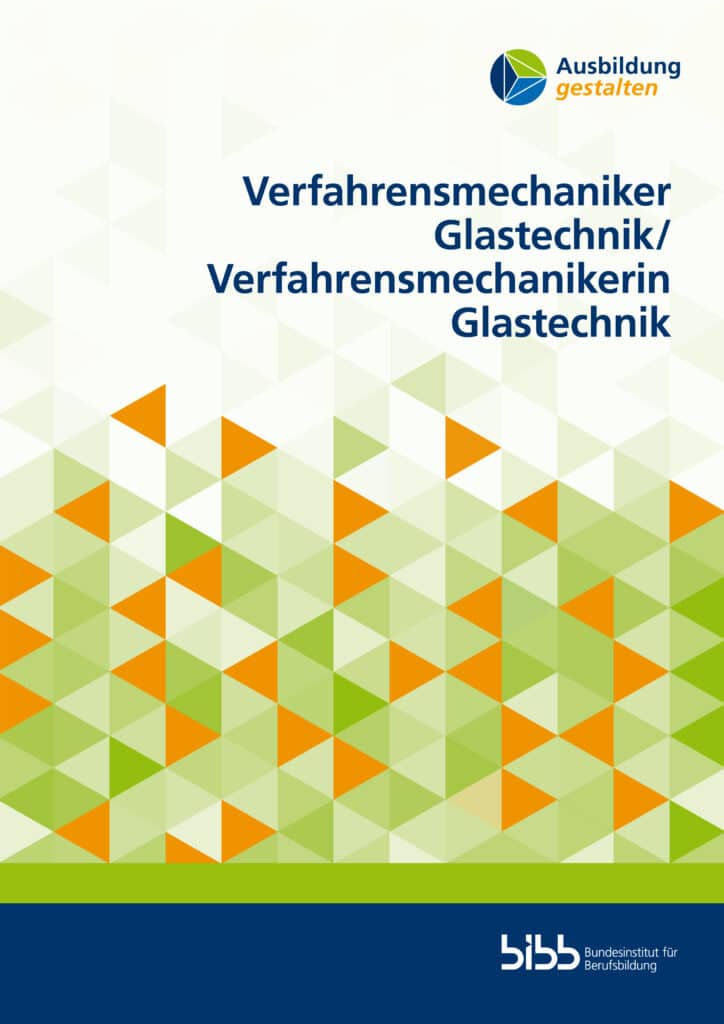
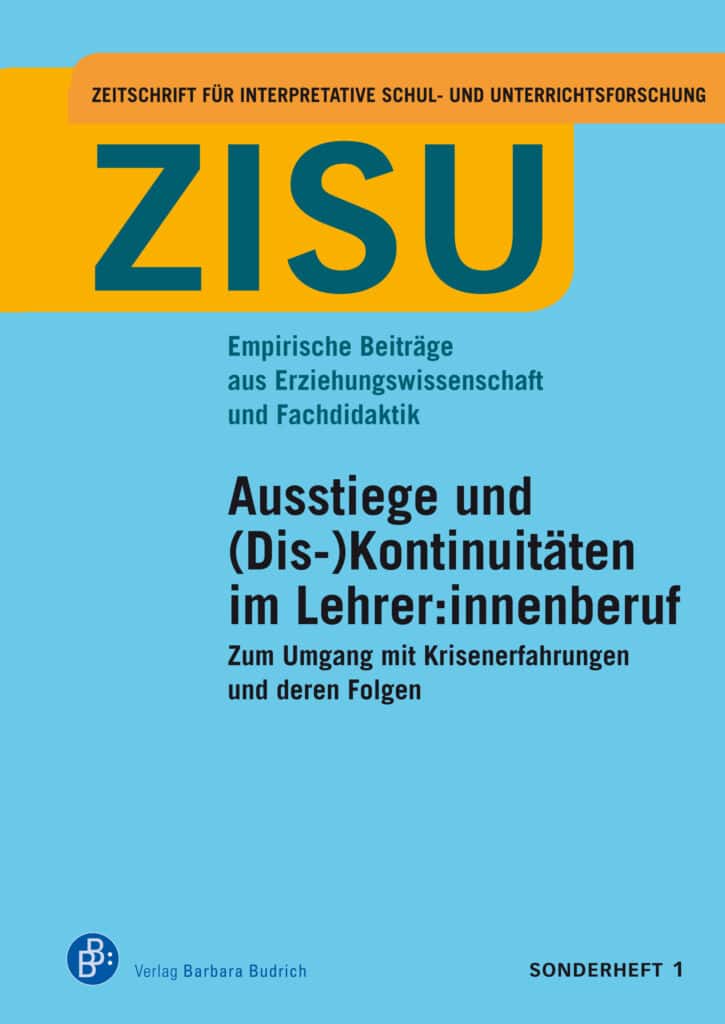
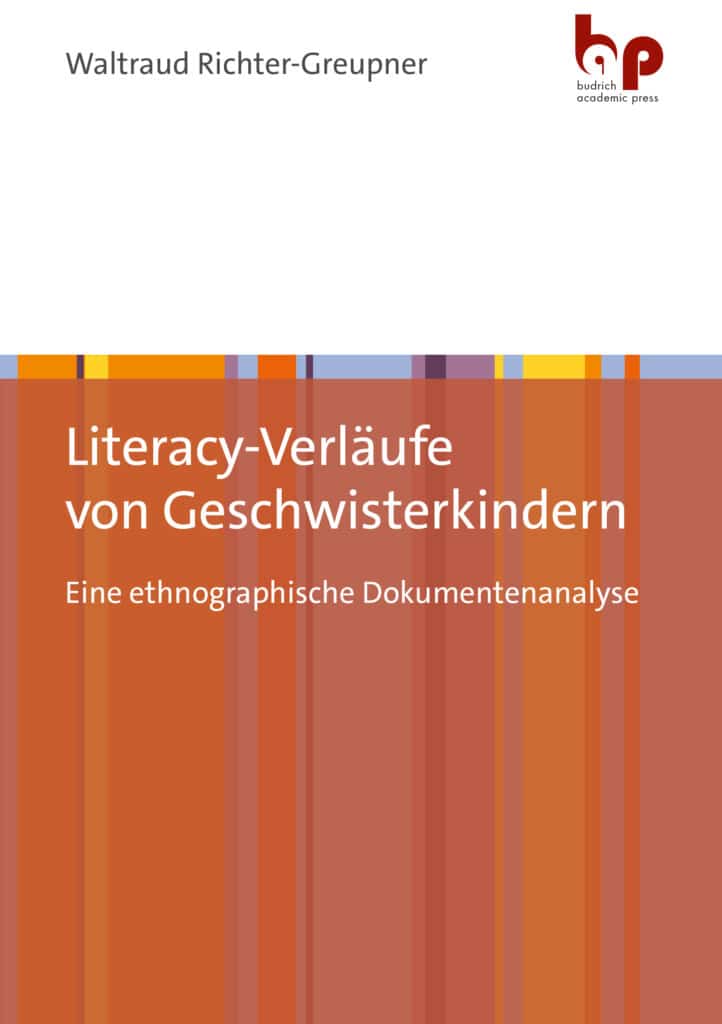
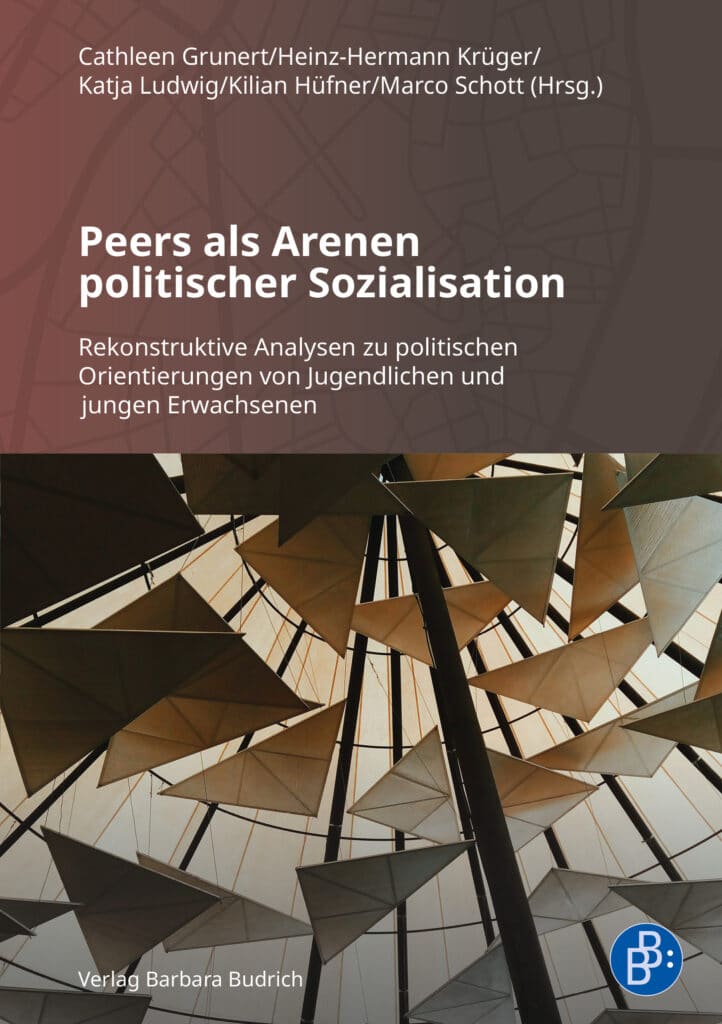
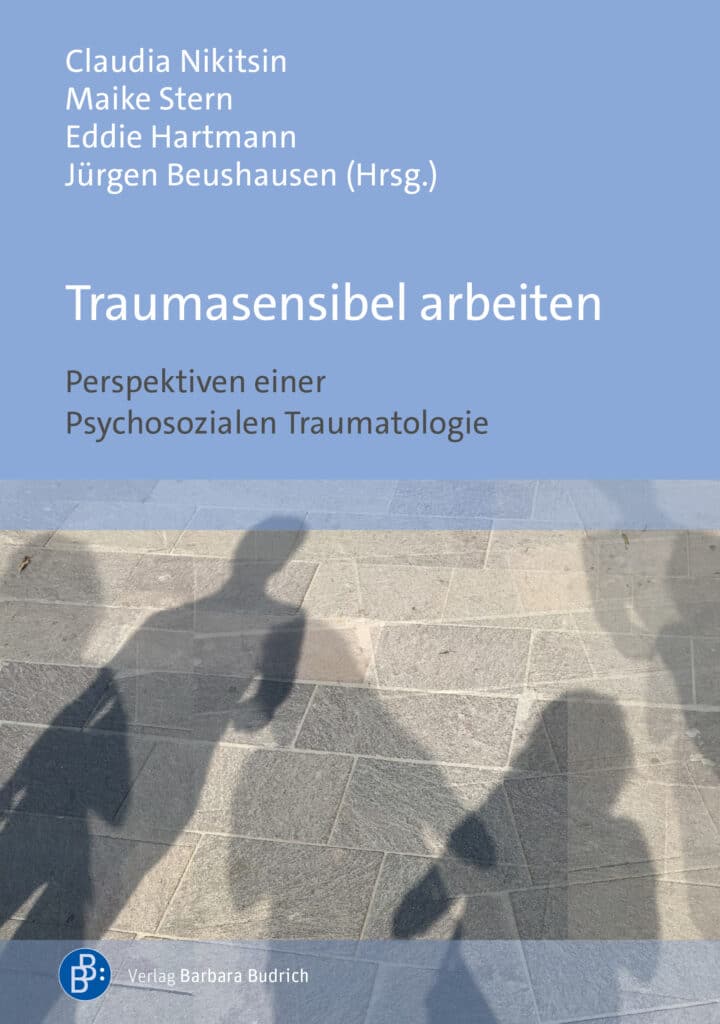
Bewertungen
Es gibt noch keine Bewertungen.